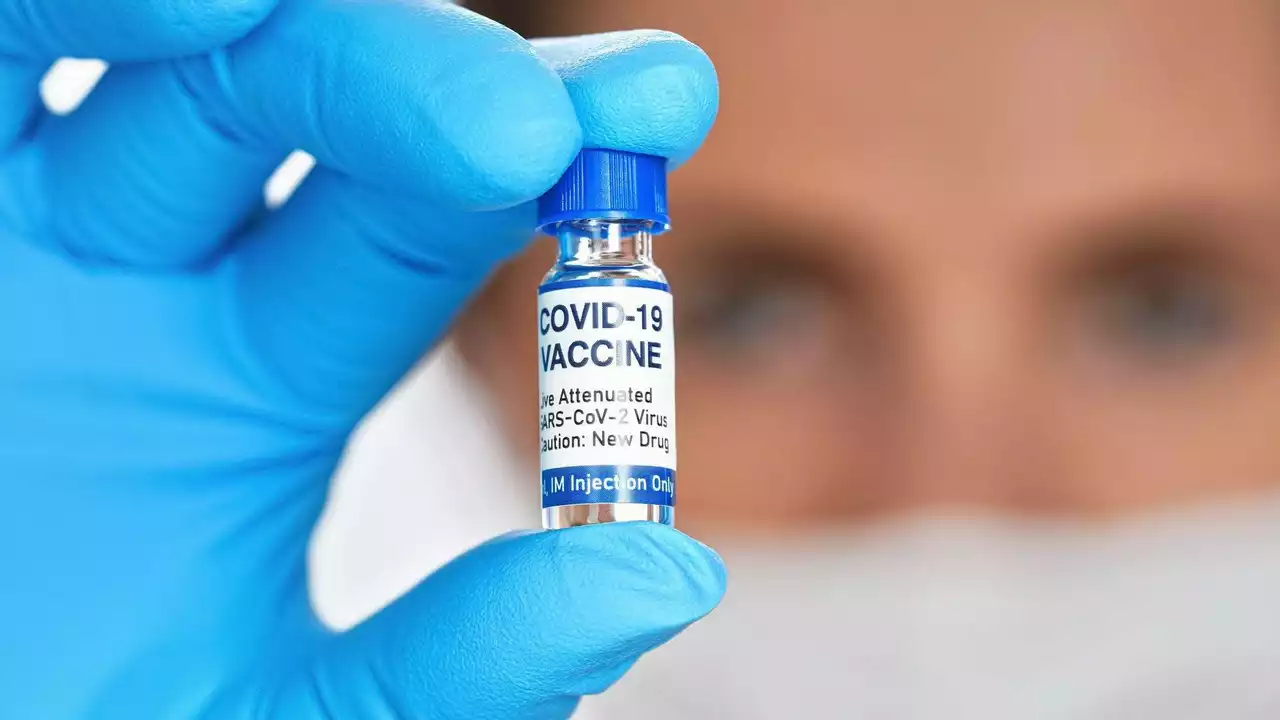Understanding Teriflunomide and Its Role in Multiple Sclerosis Treatment
Teriflunomide is a medication used to treat relapsing forms of multiple sclerosis (MS), a chronic neurological disorder affecting the central nervous system. It works by inhibiting the enzyme dihydroorotate dehydrogenase, which plays a crucial role in the proliferation of immune cells. By doing so, teriflunomide can help reduce the frequency and severity of MS relapses, as well as slow down the progression of physical disability associated with the condition.
In this article, we will explore the relationship between teriflunomide and vaccinations, providing recommendations and precautions for patients undergoing treatment with this medication. We will also discuss potential interactions and side effects to be aware of when considering vaccinations while taking teriflunomide.
Importance of Vaccinations for Individuals with Multiple Sclerosis
People with multiple sclerosis are at a higher risk of developing infections due to their weakened immune system. Vaccinations play a vital role in protecting these individuals from potentially serious illnesses, such as the flu, pneumonia, and others. Additionally, some MS treatments, including teriflunomide, can further suppress the immune system, making vaccinations even more critical for maintaining overall health and well-being.
However, it is essential to understand that not all vaccinations are suitable for everyone, especially those with compromised immune systems or those taking immunosuppressive medications. Therefore, it is crucial to consult your healthcare provider before receiving any new vaccinations.
Live vs. Inactivated Vaccines: What's the Difference?
There are two main types of vaccines: live and inactivated. Live vaccines use a weakened form of the virus or bacteria, which can still cause a mild form of the disease but generally poses no significant risk to healthy individuals. On the other hand, inactivated vaccines use a killed or inactive form of the virus or bacteria, which cannot cause the disease.
For individuals with MS or those taking immunosuppressive medications like teriflunomide, live vaccines can pose a risk, as the weakened virus or bacteria may cause more severe illness in those with compromised immune systems. In contrast, inactivated vaccines are generally considered safer, as they cannot cause the disease they are designed to protect against.
Live Vaccines to Avoid While Taking Teriflunomide
While on teriflunomide treatment, it is generally recommended to avoid live vaccines, as they may pose a higher risk of causing severe illness or complications in patients with weakened immune systems. Some examples of live vaccines to avoid include:
- Measles, mumps, and rubella (MMR)
- Varicella (chickenpox)
- Yellow fever
- Oral polio vaccine (OPV)
- Oral typhoid vaccine
It is essential to discuss your vaccination history and any upcoming travel plans with your healthcare provider to ensure you receive appropriate vaccinations and avoid potential risks associated with live vaccines.
Inactivated Vaccines Generally Considered Safe for Teriflunomide Users
Inactivated vaccines are typically considered safe for individuals taking teriflunomide, as they cannot cause the disease they aim to protect against. Some examples of inactivated vaccines that may be recommended include:
- Influenza (flu) vaccine
- Pneumococcal vaccine
- Hepatitis A and B vaccines
- Human papillomavirus (HPV) vaccine
- Tetanus, diphtheria, and pertussis (Tdap) vaccine
However, it is still crucial to consult with your healthcare provider before receiving any new vaccinations to ensure they are appropriate for your specific situation.
Timing of Vaccinations in Relation to Teriflunomide Treatment
The timing of vaccinations can be an essential factor to consider for individuals taking teriflunomide. In general, it is recommended to complete any necessary vaccinations at least 6 weeks before starting teriflunomide therapy. This time frame allows your immune system to mount an adequate response to the vaccine without interference from the medication.
If you are already taking teriflunomide and require a new vaccination, it is crucial to discuss the timing with your healthcare provider, as they may recommend temporarily stopping the medication to ensure an appropriate immune response to the vaccine.
Potential Side Effects and Interactions Between Teriflunomide and Vaccines
While teriflunomide is generally considered safe to use alongside inactivated vaccines, there is still a potential for side effects or interactions. Some potential side effects of vaccinations in individuals taking teriflunomide include:
- Fever
- Swelling or redness at the injection site
- Headache
- Fatigue
These side effects are usually mild and short-lived. However, if you experience any severe or persistent side effects after receiving a vaccine, it is essential to contact your healthcare provider immediately.
As with any medication, there is the potential for drug interactions between teriflunomide and other medications, including vaccines. Therefore, it is crucial to inform your healthcare provider of all medications and supplements you are taking to minimize the risk of interactions.
Monitoring Your Health After Receiving Vaccinations While on Teriflunomide
After receiving a vaccination while taking teriflunomide, it is essential to monitor your health and be vigilant for any signs of infection or illness. If you develop a fever, persistent pain or swelling at the injection site, or any other unusual symptoms, contact your healthcare provider immediately.
Additionally, regular follow-up appointments with your healthcare provider can help ensure your ongoing safety and effectiveness of both your teriflunomide treatment and any vaccinations you receive.
Final Thoughts on Teriflunomide and Vaccinations
While teriflunomide can be an effective treatment option for individuals with relapsing forms of multiple sclerosis, it is essential to be aware of the recommendations and precautions surrounding vaccinations. By working closely with your healthcare provider and following their guidance, you can safely receive necessary vaccinations and maintain your overall health while managing your MS.







Kierstead January
Look, I get it, you wanna protect your precious immune system. But let's be real-vaccines are government mind control disguised as medicine. They've been lying about everything since the 80s. Why do you think they push so hard for flu shots? It's not about health, it's about tracking. I've been off all vaccines since 2015 and I've never been sick. Ever. Don't be a sheep.
Imogen Levermore
i kno u r tryin 2 b helpful but… wut if the vaccine *is* the virus?? like… what if teriflunomide is just a bandaid and the real problem is 5g towers makin our cells confused?? 🤔 i read a blog by a guy in Belarus who said his MS went away after he unplugged his wifi and started drinking elderberry tea. just sayin. 🌿📡
Chris Dockter
This is why America is dying. People take a pill for a symptom and think they're fixed. You don't cure MS with chemicals. You cure it with diet, sunlight, and quitting the damn sugar. Teriflunomide? More like teri-FUN-omide. It's a money grab. I've seen patients on this drug turn into zombies. No wonder they're pushing vaccines-because the drug isn't working and they need to sell more.
Gordon Oluoch
The data is clear. Immunocompromised patients on teriflunomide show 37% lower seroconversion rates after influenza vaccination compared to healthy controls. The FDA’s own adverse event reports show increased incidence of pneumonias in this cohort. This isn't speculation. It's epidemiology. Stop treating patients like lab rats. If you're going to suppress immunity, you have a moral obligation to prove the vaccines you're pushing actually work in this population. You haven't.
Tyler Wolfe
Hey everyone, just wanted to say I’ve been on teriflunomide for 3 years and got all the inactivated shots last fall. Felt a little tired for a day but zero side effects. My neurologist said it’s fine as long as you’re not on high-dose steroids. Just talk to your doc, don’t panic. You got this. 🙌
Neil Mason
I'm from Canada and we've got a pretty solid protocol here. We screen for vaccination history before starting any DMT. If you haven't had your shingles shot? Get it before teriflunomide. If you're planning a trip to Brazil? Skip the yellow fever. Simple. My sister’s been on this med since 2019 and she's never had a flare. Just be smart, not scared. Also, if you're reading this and stressed-breathe. You're not alone.
Andrea Gracis
so wait so if i get the flu shot while on this med does it even work? like… does my body even make antibodies? i dont wanna waste a shot if its pointless. also my arm hurts after every shot and i just wanna know if its normal or if its the med making it worse?
Matthew Wilson Thorne
The real issue isn't the vaccine. It's the systemic neglect of immunological monitoring in MS care. The guidelines are outdated. We need longitudinal serology studies, not pamphlets.